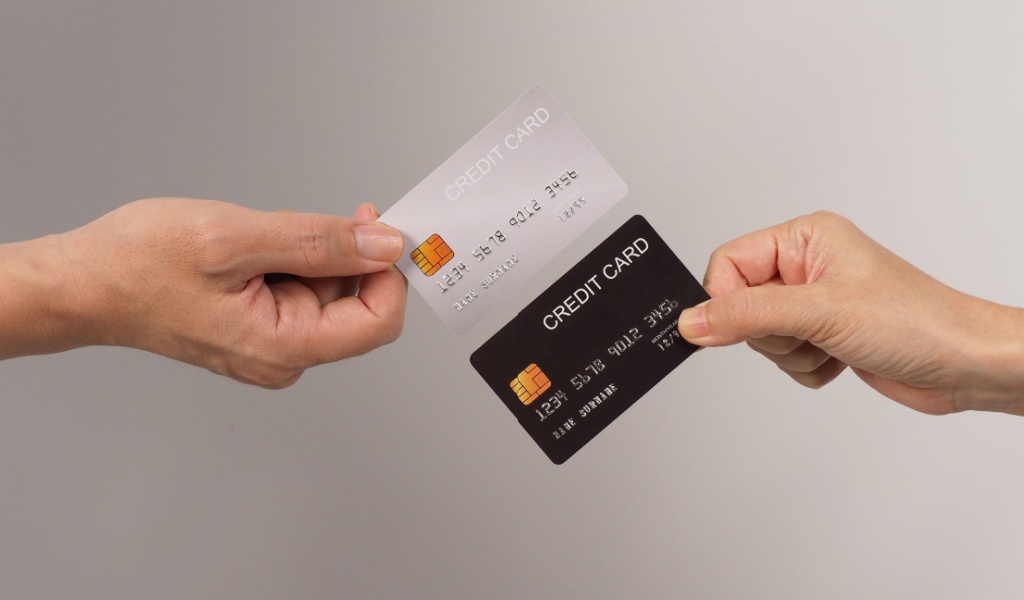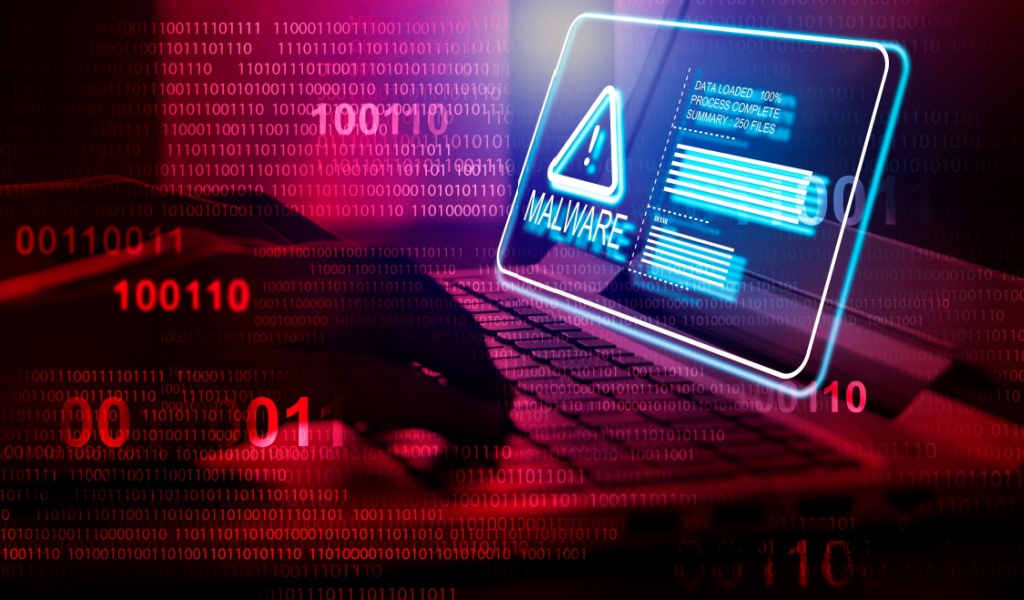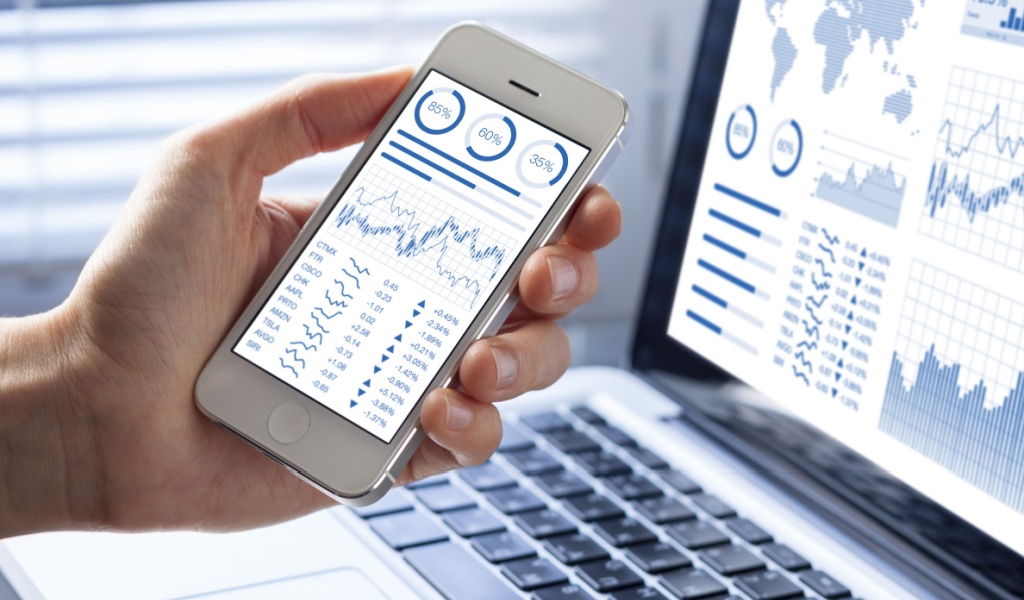Whether you’re looking to get a car loan, rent out an apartment, or apply for some jobs, having a good credit score can be a great advantage. It’s a key that helps unlock loans and credits to get you closer to achieving your dreams. However, not having a credit score is a very common problem. In fact, more than 26 million Americans don’t have credit scores. This mostly happens to people whose credit accounts have been closed for many months, remained dormant, or if they haven’t done anything to establish a credit history.
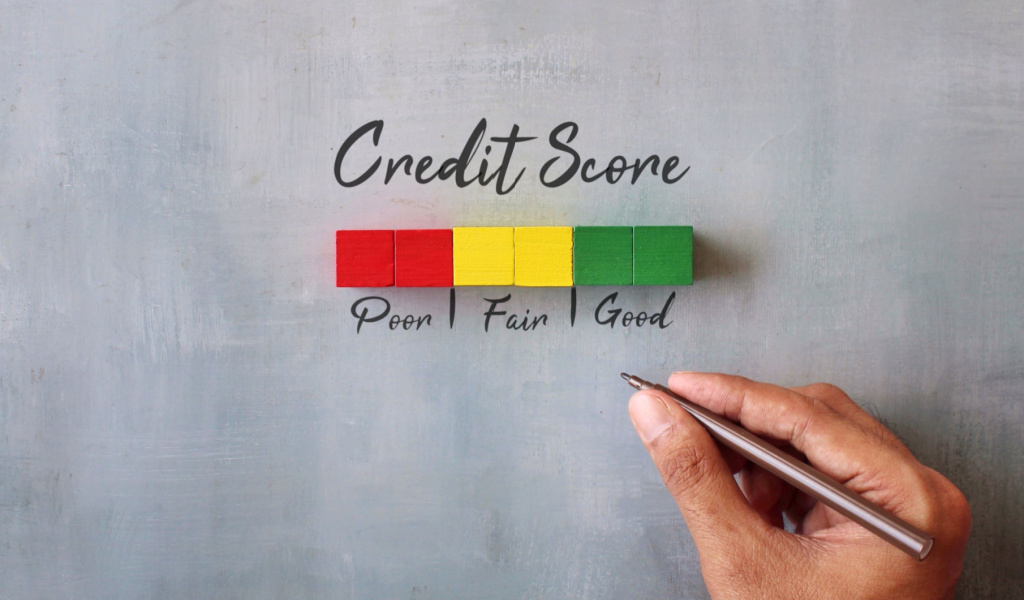
In this article, we take a quick and comprehensive look at why you don’t have a credit score and what to do about it.
Let’s start right from the basics.
What Is a Credit Score?
Your credit score is a number out of 1000 which helps lenders understand how good or bad you are at managing your money. It is calculated as a combination of your credit report and information such as the type and number of accounts you have, the credit you have used, the length of your credit history, and your payment history.
Lenders generally look at your credit history when you apply for loans or mortgages to assess what kind of borrower you are. When you have little or no credit history, it demonstrates to lenders that there could be a higher risk that you may need help to keep up with repayments.
Reasons Why You Don’t Have a Credit Score
There are quite a few reasons why someone doesn’t have a credit score; the most common ones are as follows:
You Have Not Used Any Credit for a Long Time
When you have different lines of credit open over a long period, it builds your credit history. However, you may not see a credit score when you close a line of credit or don’t have any other credit accounts on your report.
You Have Not Used Credit at All
A credit score is made up of things in your credit report, so if you have never used a credit card or taken out a loan, you wouldn’t have any history of borrowing or lending for credit agencies to report on.
You Are Under the Age Of 21
Most people under 21 do not have credit scores because they haven’t dealt with credit or have been financially dependent up to that point. You could also just be starting your journey with credit, in which case you should start taking small steps to get your score up and running.
You Are New to The Country
When you have moved to a new country, you may find that your credit score is very different from what you had back home. This is because credit scores and reports are not transferred between countries owing to different credit agencies working their own scoring systems.
Why Does Your Credit History & Score Matter So Much?
When a lender doesn’t understand how you spend your money and if you are capable and responsible enough to pay it back, they will want to look into your credit score and history. A potential lender can only analyze your creditworthiness if you have a credit history, which could cause an application for a loan or other form of credit to be rejected.
This gives them a good idea regarding the risk they are undertaking in lending to you. They can approve or deny your application based on your score and history. Moreover, it also comes in handy in other situations, like when applying for a job in the financial sector or for car insurance. Some landlords also require a good credit score before renting out.
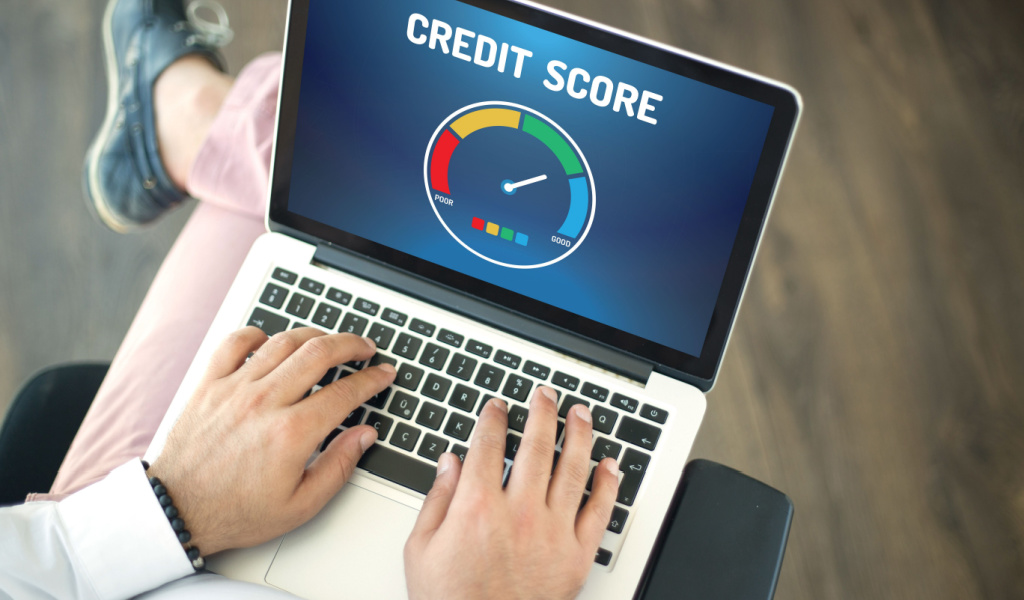
Things to Know If You Don’t Have a Credit Score
You’ve checked your credit and discovered you don’t have a score. What next? Here are some facts to remember:
You Could Still Have Credit Reports
Lacking a score doesn’t mean you don’t have a credit history. Remember that scores usually only count the previous two years in their scoring model.
You Can End Up with No Credit Score Even with Open Accounts
You could have no score if you haven’t used your open accounts in the past two years. To ensure that data contributes to a score, you must reopen old accounts or do business with lenders reporting to the major credit bureaus.
No Credit Score Doesn’t Mean Bad Credit
When you don’t have a credit score, it doesn’t mean you cannot handle credit; it just indicates that you have not yet proven yourself. So, your score will improve when you start participating in activities that help build credit.
Building A Credit Score Takes Time
When you open a new credit account, it might not show up on your credit score for six months. This is why it’s essential to be patient when you’re working on scoring. Moreover, don’t delay credit activities because the quicker you act, the faster you can get a score.
What to Do If You Don’t Have a Credit Score?
Establishing credit when you’re just building your credit history can be complicated. Without a credit history, you will find it challenging to secure a loan because there is no way to demonstrate a track record of timely repayments when no one is even willing to lend you money to start with. So, what you need to do is to start building your credit score. Here’s how you can get started:
- Register to vote. Lenders use the electoral poll to validate your identity and where you live. Moreover, it also ensures that there is no identity fraud.
- Have your utility bills under your name. Since utility bills are a form of credit agreement, making your repayments on time indicates that you can manage your finances well too.
- Be sure to use credit responsibly. It’s recommended to keep the amount of credit you use under 30%.
- Make all your repayments on time. This demonstrates to lenders that you are a reliable borrower. Delaying or missing payments can significantly damage your credit score and remain on your credit file for up to six years.
- Diversify your debt. Having a healthy credit mix can improve your credit score. Car loans, mortgages, and student loans are installment credit, while bank lines of credit and credit cards are revolving credit. When you have a little of each, it will ensure a healthy credit score.
In Conclusion
Building a good credit score from scratch can be time-consuming and difficult, particularly if you have no idea where to start. However, it’s an essential aspect of your financial life because having a good credit score allows you to access the required credit solutions. When you check on your score and follow the proper steps to ensure that you maintain it well, it can profoundly impact your financial future.

